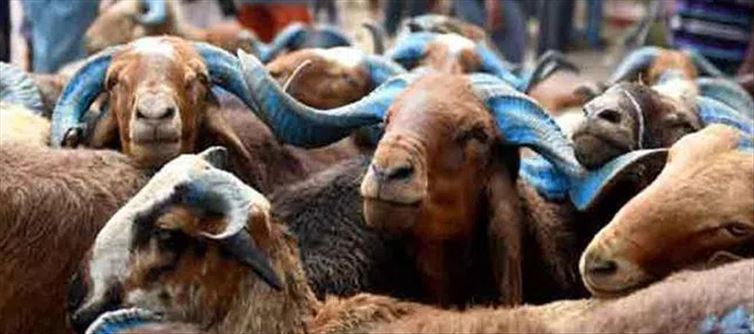
The Qurbani service is essentially a platform where the service providers assist one in choosing a sheep or goat for sacrifice. After receiving payment on one of the three days of Eid ul Adha, they slaughter the animal at a remote location or event hall and transport the meat to consumers. "The meat is delivered in neatly packed boxes at the doorstep and the families can go ahead with the process of distribution according to their own convenience," says Zeeshan Ahmed, who founded Qurbani service a few years ago.
People are being forced to choose the Qurbani service providers because to a lack of butchers and the difficulty in finding one at the correct moment. "Some folks reserve the butcher's services weeks in advance and pay them 50% of the whole sum as an advance. Additionally, local butchers avoid homes where just one or two lambs are offered for sacrifice. As a result of the larger revenues, they are eager to visit households that require more than five lambs to be slaughtered, according to Mubeen Ahmed, a different service provider.




 click and follow Indiaherald WhatsApp channel
click and follow Indiaherald WhatsApp channel